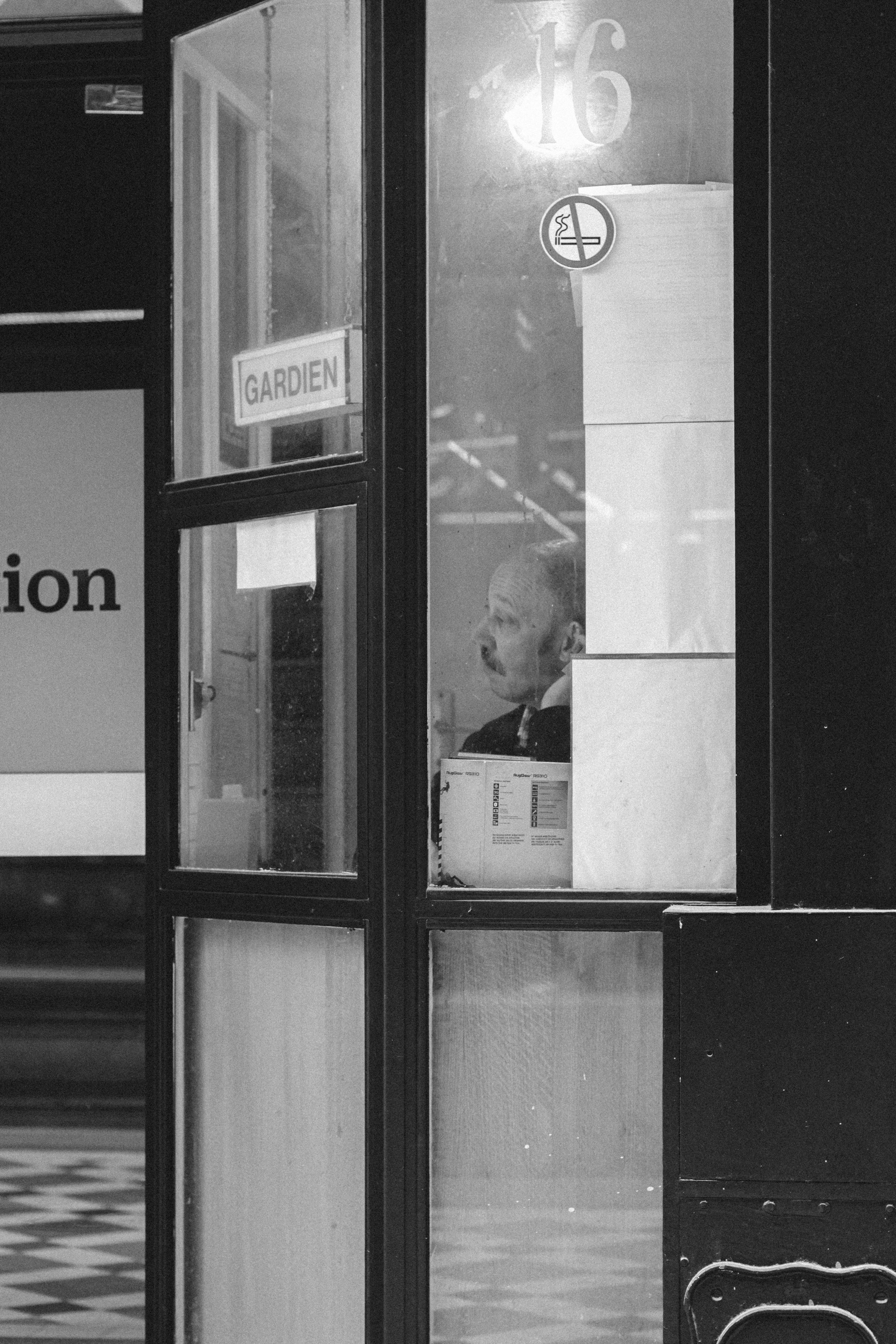How to navigate romance after divorce.

Questions to ask when re-entering the dating world.
When a marriage ends, the prospect of re-entering the dating pool can be onerous. Starting relationships might be like riding a bike—but if you’re riding a bike for the first time in decades, you’re bound to feel some hesitation. But finding love again isn’t just possible—it’s highly likely. According to Pew Research, the number of adults who have been married more than once has tripled since the ’60s, and 40-percent of marriages include at least one partner who has been divorced.
Still, the immediate aftermath of a marriage’s end is something many face with trepidation. But it can actually lead to a whole lot of good. How do you date after divorce? We broke down the common questions a divorcee on the scene may wonder.
How soon is too soon?
That is the big question. While reasons for their divorce may play a role in how willing a person is to put themselves out there again, in general, not waiting too long is a good idea. A 2014 study showed that “rebound relationships”—though they might have a negative connotation—actually improve confidence and help people to get over their ex, if they were still harboring some complicated feelings.
A 2019 survey by jewelry resale site Worthy also showed that 78-percent of women are already in the mindset to start dating again, before divorce papers are officially signed, and 65-percent start dating within the first year of separating or divorce.
The kid question
But things get a little more complicated when kids (particularly those under 18) are in the picture. Researcher Constance Ahrons, Ph.D., who specializes in the impact of divorce on families, found that children can be possessive or resentful when a new partner comes into the picture. While that might be cause for hesitation, it’s not a reason to ignore potential romantic companionship: the American Academy of Pediatrics explains that honest communication about feelings—on the ends of both parents and children—can make the transition easier for everyone.
Re-marriage v. companionship
Remarrying is exceedingly common, but a ring isn’t always the end goal for divorced couples. Research published by AARP in 2004 shows that among divorcees ages 50 and up, 38-percent didn’t want to remarry, and 14-percent were reluctant about remarrying, with more women harboring negative feelings about it than men. The fear of ending up in “another bad marriage” is felt by 65-percent of those who are reluctant to remarry.
Still, stable companionship doesn’t have to include a wedding; Worthy’s survey also showed that 65-percent of women polled stated that they were looking for a long-term partnership when dating after the divorce versus 13-percent looking explicitly for marriage. A mere one-percent were open to hookups exclusively.
Although men are more likely to remarry after divorce, this gender-gap has been gradually decreasing since the 1960s, according to Pew research. In 2013, 64-percent of divorced men remarried, compared with 52-percent of women. Those numbers a little over 50 years ago, however, were 70-percent, versus 48-percent.
Life after love
After all, finding love again has significant benefits—one 2016 study showed that mothers who entered into “high-quality relationships” experienced an improvement of general well-being, compared with those who stayed single or those who experienced “low-quality relationships”—a good argument against settling. Research published in 2005 by the Institute for the Study of Labor also showed that men and women both gain equal psychological benefits after divorce. Looks like Cher was right.



